How relevant is the existing quota system?
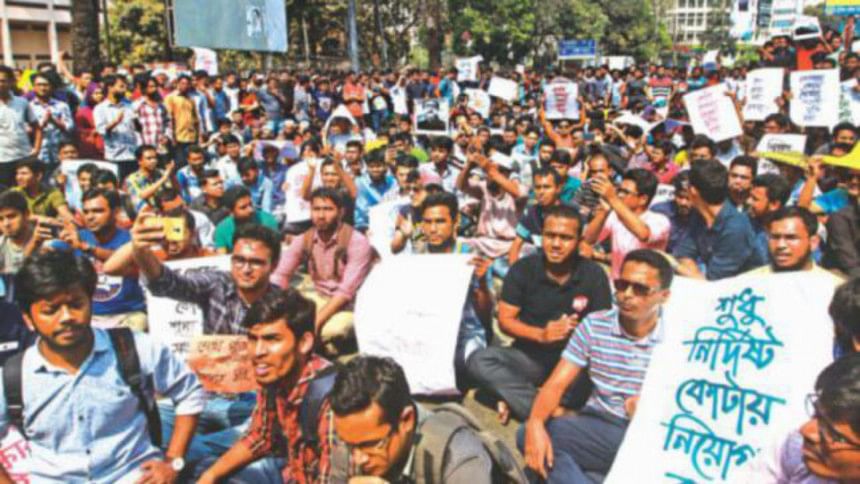
The recent demonstra-tions by students demanding an end to the existing Bangladesh Civil Service quota system in the recruitment process deserve urgent attention of the government. The rationale for the introduction of the quota system had its roots in the policy for recruitment to public service that was adopted in September 1972. The stated objective of the policy was to achieve more equitable representation of the residents of all the districts of Bangladesh in various services and posts.
The Public Administration Reforms Commission, June 2000 has questioned the existing system of quota distribution. In so doing, it has placed its trust on the relevant clause of the Constitution and concluded that quota reservation would be constitutionally valid only in case of women and backward classes of the country. It has further concluded that keeping the quota system alive to the exclusion of equality of opportunity in public employment for all classes of citizens will be a very weak alternative.
Unfortunately, it is a matter of record that the Public Service Commission's repeated recommendations for a revision of the quota system, especially in the freedom fighter category and those relating to tribal population and women, all of which were aimed at ensuring merit-based recruitment, were disregarded by the government. Political expediencies, rather than sound principles conducive to the growth of a stable and efficient civil service, dominated the decision-making process in respect to recruitment.
Although, the quota system in the recruitment to the various services and posts is a product of both history and politics. Past governments in our country refrained from making any appropriate changes in the system perhaps for fear of losing popularity. It should be understood, however, that the quota system that now exists is not what it used to be before. It was never district-based. It is unlikely that given the perception that each political government had displayed in the past, there would be any improvement in the quota system soon, even though there was, and still is, enough logic to reverse it.
It needs to be mentioned that during the mid-seventies and eighties, the military governments did revise the system leading first to a rise in the merit-based quota from 20 percent to 40 percent, and then to 45 percent. The policymakers, today or tomorrow, must come to a decision about this thorny issue. They must decide whether the so-called equitable principles should dominate recruitment in public service or it should be based on merit.
Interestingly, it has not occurred to anyone that even the existing quota system could not ensure equitable representation in the service. Dhaka district has the largest share. So far, the recommendation of the Public Service Commission to move away from the so-called district/division quota system went unheeded. The district-based quota system is affecting women candidates as well as other candidates from particular districts who had displayed their competitive ability in the recruitment tests. The quota system, except for the reservation of posts for tribal candidates, is not in conformity with Article 29 (3) of the constitution.
According to a study, not even half of the quota reserved for the freedom fighters could be fulfilled and the successful candidates in this category in terms of percentage stood at one percent in 1989-90. The Public Service Commission then emphatically stated that there was absolutely no justification or logic to continue with the 30-percent quota in this category.
Meanwhile, because of the district-based and other quota reservation system, better candidates cannot be recruited. This, therefore, justifies the repeated recommendations made by the Public Service Commission that quota reserved for the tribal population and women should not be tied to the district quota, and should be done on a nation-wide basis. The same applies to the quota reservation system for the wards of freedom fighters and "shaheed" freedom fighters.
The quota system encourages corruption in bureaucracy. At entry level, an applicant may get a residence certificate from the appropriate authority from the district which is declared eligible. In case of recruitment by competitive examination, a candidate may provide a similar certificate showing a district to which he originally belonged but in fact is not a resident of. There is also enough evidence showing that the decision to reserve 30 percent of the posts for the wards of the freedom fighters is also open to abuse.
Over the years, merit has consistently been a casualty in the public service recruitment process. This cannot be allowed to continue in the interest of public service. To quote an editorial in The Daily Star: "The challenge is to strike the right balance between a reasonable share of quotas—instead of a large percentage as 56—and meritocracy in an equitable manner so that no single group is disproportionately favoured."
Muhammad Nurul Huda is a former IGP and a columnist at The Daily Star.



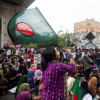

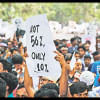
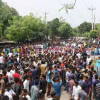
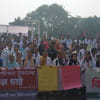


Comments